Water sector reforms are underway in many countries of the world today. Mexico, Turkey and Philippines are some of the countries where the concept of Participatory Irrigation Management (PIM) has been tried and tested. In India, Andhra Pradesh is the first state to have gone in with the "big bang" approach of uniform and simultaneous introduction of PIM throughout the state. Today, the Andhra Pradesh model is being watched with great interest and is being replicated in other states of India as well. This volume puts together some of the best research studies on the PIM programme being implemented in Andhra Pradesh. These give an insight into the political processes behind the reforms, the administrative, institutional and management issues, and finally based on the analysis the way forward for the programme in Andhra Pradesh and a cumulative learning experience for other states in India and the world to incorporate and implement. Comparison with states like Madhya Pradesh, Karnataka and Gujarat have also been made. The book has not only tackled theoretical issues and concepts but also practical ground level realities regarding PIM. This is the first major research publication on the water sector reforms underway in Andhra Pradesh and will serve as a source book to anyone desiring to learn more about PIM. It will benefit both the research as well as practicing community, specifically those in the areas of policy making, irrigation management, rural development, engineering, social and agricultural sciences and the NGO community involved in water management issues not only in India but also across the world.
ABOUT THE AUTHOR Ganesh Pangare
Ganesh Pangare is a water resources expert currently with World Water Institute, Pune, India, as its Technical Director. His main area of work during the past fifteen years has been in people-centered water interventions, such as indigenous water harvesting systems, micro-watershed management, participatory irrigation management, urban water bodies, and wastewater management. Currently his main thrust of work is in the area of pro-poor water sector reforms and policy at local, national, regional and global levels for livelihood and food security, with a focus on primary stakeholder participation. Ganesh was a member of the High Level Working Group on Watershed Development, Rainfed Farming and Natural Resource Management of the Planning Commission, Government of India, for the 10th Five Year Plan (2003-2007). He is also a member of the National Civil Society Committee on Interlinking of Rivers in India. Ganesh is an Ashoka Fellow, of the Ashoka Innovators for the Public Program based in Washington, USA. He is also a Fellow of the London-based Leadership for Environment and Development (LEAD) International Program. He is an Advisor to the Water Portfolio of the Acumen Fund, New-York, USA. In the course of his career, Ganesh has been the Director of two premier organizations working in the area of Natural Resource Management in India; India's Natural Resource Economics and Management Foundation, and Indian Network on Participatory Irrigation Management. He has worked with Center for Science and Environment, New Delhi, and taught at the Institute of Rural Management, Anand, Gujarat, India. Ganesh's publications include Users in Water Management, co-authored with Rakesh Hooja, and K.V. Raju; Watershed Development Projects in India: An Evaluation Research Report 127,of International Food Policy Research Institute, co-authored with John Kerr, and Vasudha Lokur Pangare, From Poverty to Plenty: The story of Ralegan Siddhi, and The Good Society: The Pani- Panchayat Model of Sustainable Water Management. He has also published several monographs and working papers related to watershed development, participatory irrigation management and traditional water harvesting systems. Ganesh has done consulting work for the World Bank, International Food Policy Research Institute, Asian Development Bank, Ford Foundation, United Nations Research Institute for Social Development, Danida, GTZ, India-Canada Environment Facility, WWF, Government of India, and many other national and bilateral organizations. Ganesh was a panelist for the session on "Water for Food and Rural Development" at the Second World Water Forum, Hague, 2000. He was an invitee at the Stockholm Water Symposium 2001; International Conference on Freshwater, Bonn 2001; and World Summit on Sustainable Development, Johannesburg, 2002. He convened a workshop on Farmer Networks for Integrated Water Resources Management at the Third World Water Forum, Japan, 2003. Ganesh has traveled extensively, to different parts of the world to study various water and development interventions, including watershed projects in China, indigenous communities in North Canada, agricultural communes in CIS countries, sanitation projects in South Africa, dryland farming in Ethiopia, Farmer Federations in Nepal. Ganesh is an excellent photographer and has won a couple of awards. He is also a wildlife enthusiast, and spends all his spare time in nature related activities.
ABOUT THE AUTHOR Rakesh Hooja
Rakesh Hooja is Joint Secretary, Ministry of Home Affairs, Government of India, New Delhi. His earlier prominent assignments in the government of Rajasthan include Area Development Commissioner, Indira Gandhi Canal Project, Secretary, Command Area Development and Water Utilisation and Commissioner, Agriculture Development Project. He has written extensively in his areas of interest like land and water management decentralized and district planning, rural development, participatory irrigation management, watershed management and development administration.

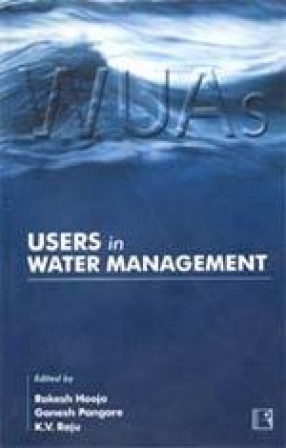
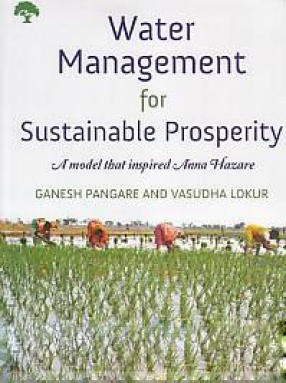
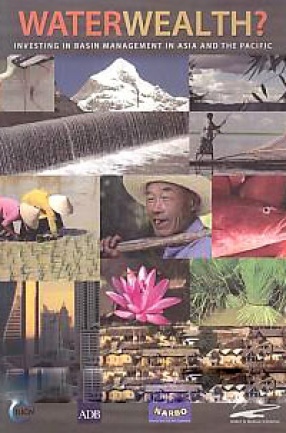
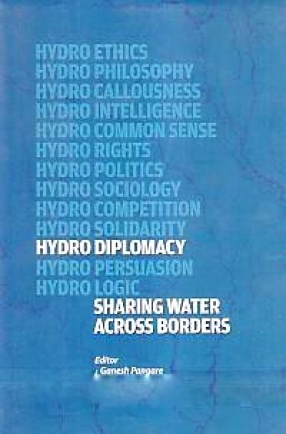
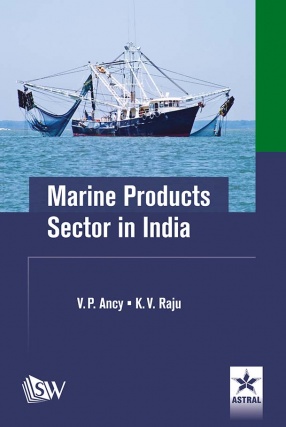
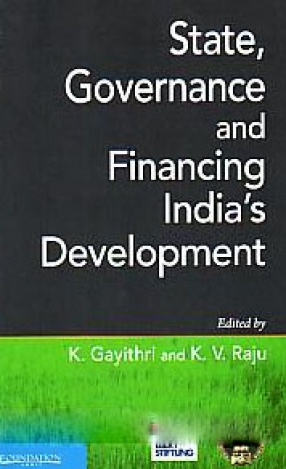
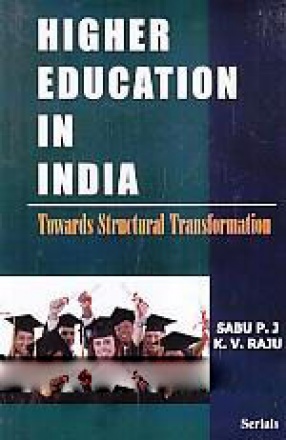
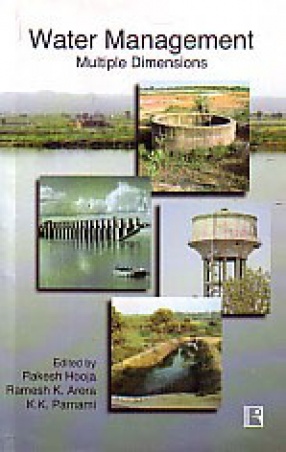
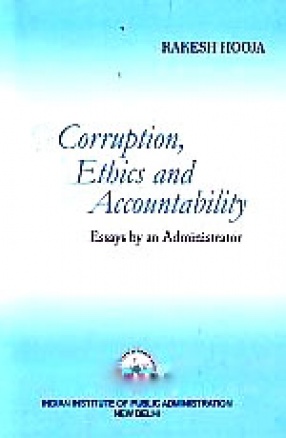
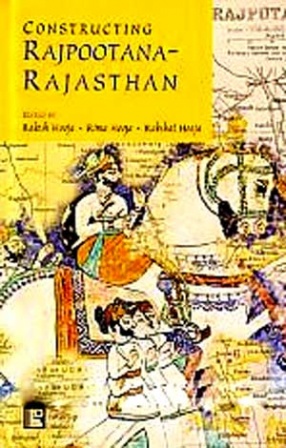
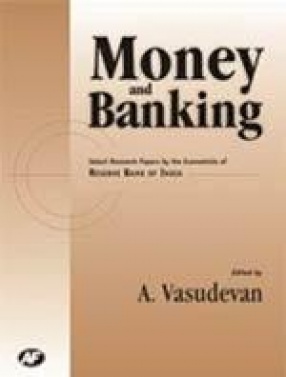
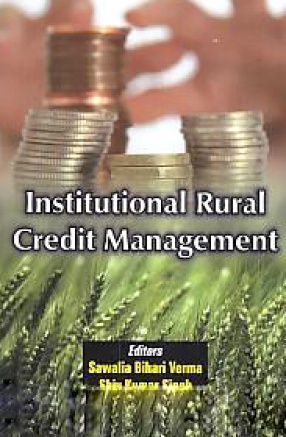
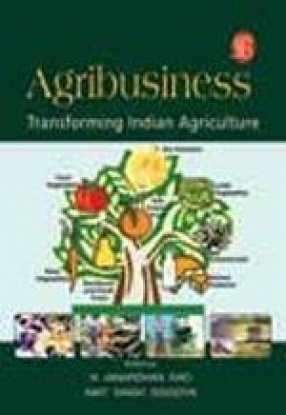
There are no reviews yet.